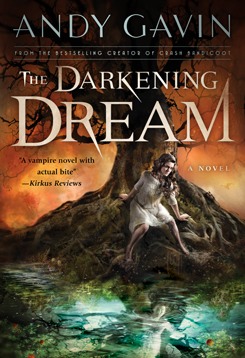 Title: John Carter
Title: John Carter
Cast: Taylor Kitsch (Actor), Lynn Collins (Actor), Andrew Stanton (Director)
Genre: Science Fiction (liberally)
Watched: June 9, 2012
Summary: Dull and overdone (4/10)
When I first saw the trailer for John Carter I was intrigued and full of questions.
What is this? How do those late 19th century western images fit in with the “other world” and alien thing? I liked the music. Somehow I felt I was supposed to know who the hell John Carter was. I didn’t. It took me months to find out.
And the irony is that I’ve actually read A Princess of Mars, albeit nearly thirty years ago, but failed to remember the hero’s name. Perhaps a hint that this even was Mars would have helped.
In any case, none of that affects the film itself.
I’m not going to describe the plot, but instead talk about what works and doesn’t. Fundamentally, I think it could have been a great movie — but it’s not. In fact, only the effects make it vaguely watchable.
The writing is a mess. We have about four different beginnings. The opening prologue is set on Mars with the bad guy (sort of) that is totally useless and out of place. This is an “earth man goes to other world” story and by opening with the other world completely pops the mystery bubble. I’ll try to delete that scene from memory. The next is better, a bit of prologue presumably borrowed from the book’s attempt at verisimilitude where we learn that the titular John Carter died and left his estate to his nephew. This includes a journal of his adventures. Then we cut back to said adventures a decade earlier. In a fairly useless bit of Western which attempts to introduce our protagonist (in our third segment!) he illustrates that he is a jerk, belligerent, and manages to get himself teleported to Mars via Arizona. From there there the real story begins.
Several basic rules of straightforward writing are violated: 1. Start with your protagonist. 2. Make him or her likeable.
Plus, the direction is forced and hamhanded. In an early scene on earth, JC is “shows” he is resistant to authority by repeatedly (and foolishly) trying to escape the US army officers who merely wish to talk to him. This is done in a series of cuts. I know what the director was going for, but he fails utterly. The sequence comes off as forced and cheesy. In general, the over bombastic John Williams style score tries to sell a level of drama that the script does not create. The net effect is that you know how you are supposed to feel, but don’t: Melodrama.
This is not helped by the “additions” to the original novel’s plot. For some reason, a bunch of manipulating shape-shifting priests of undetermined origin and purpose are working behind the scenes to manipulate the moderately byzantine political landscape of Barsoom (aka Mars). This does nothing but make the principal villain seem lame and stupid. In short, a tool. Scenes feel rushed and suffer from a level of hamminess reminiscent of 1960s epic films. The actors who played Julius Caesar and Mark Antony in the excellent HBO Rome reprise their roles as campy Martian versions of the same part. In every scene they seem to be winking at the camera, all while wearing diapers and leather straps.
Even the effects and sets, as gigantic as they are, seem recycled. Part of this is a form of reciprocal IP theft between Edgar Rice Burroughs, George Lucas, and the producers of this film. Lucas lifted all sorts of feel and elements from the original novel for the Star Wars universe, and the John Carter producers felt the need to emulate much of the visual style he created. I don’t blame George, his world is a unique vision build from the parts of pop and pulp Science Fiction. But despite the extraordinary influence of A Princess of Mars, the John Carter film adds nothing to the genre.
That is not to say that it’s bad looking (diapers aside). The effects are well executed and the big open Western-style spaces impressive and moody. It’s just that without any real connection to the cardboard characters, it’s hard to care.
For my review of the original 1917 novel, click here.





